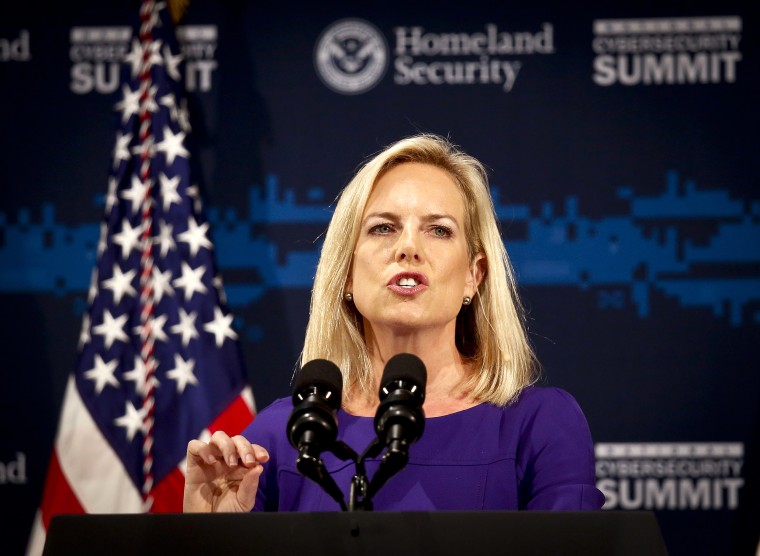The federal government may soon have the authority to shoot down private commercial dronesflying inside the U.S.
The 1,200-page FAA Reauthorization Bill posted by the House early Saturday morning includes a section titled “Preventing Emerging Threats” that would give the Department of Homeland Security and FBI the right to track and down drones they deem as a “credible threat” to a “covered facility or asset.”

Under current Title 18 Wiretap laws, federal law enforcement officials cannot intercept communications without a warrant except in the case of an emergency, and even then they are required to ask the courts for approval after the fact.
The new legislation, however, would permit federal authorities to monitor and track the unmanned aircraft without prior consent, including by intercepting or accessing other means of electronic communications used to control the drone.
The senior legislative counsel for the American Civil Liberties Union warns the proposed law would expand warrantless surveillance and could interfere with press freedom.

